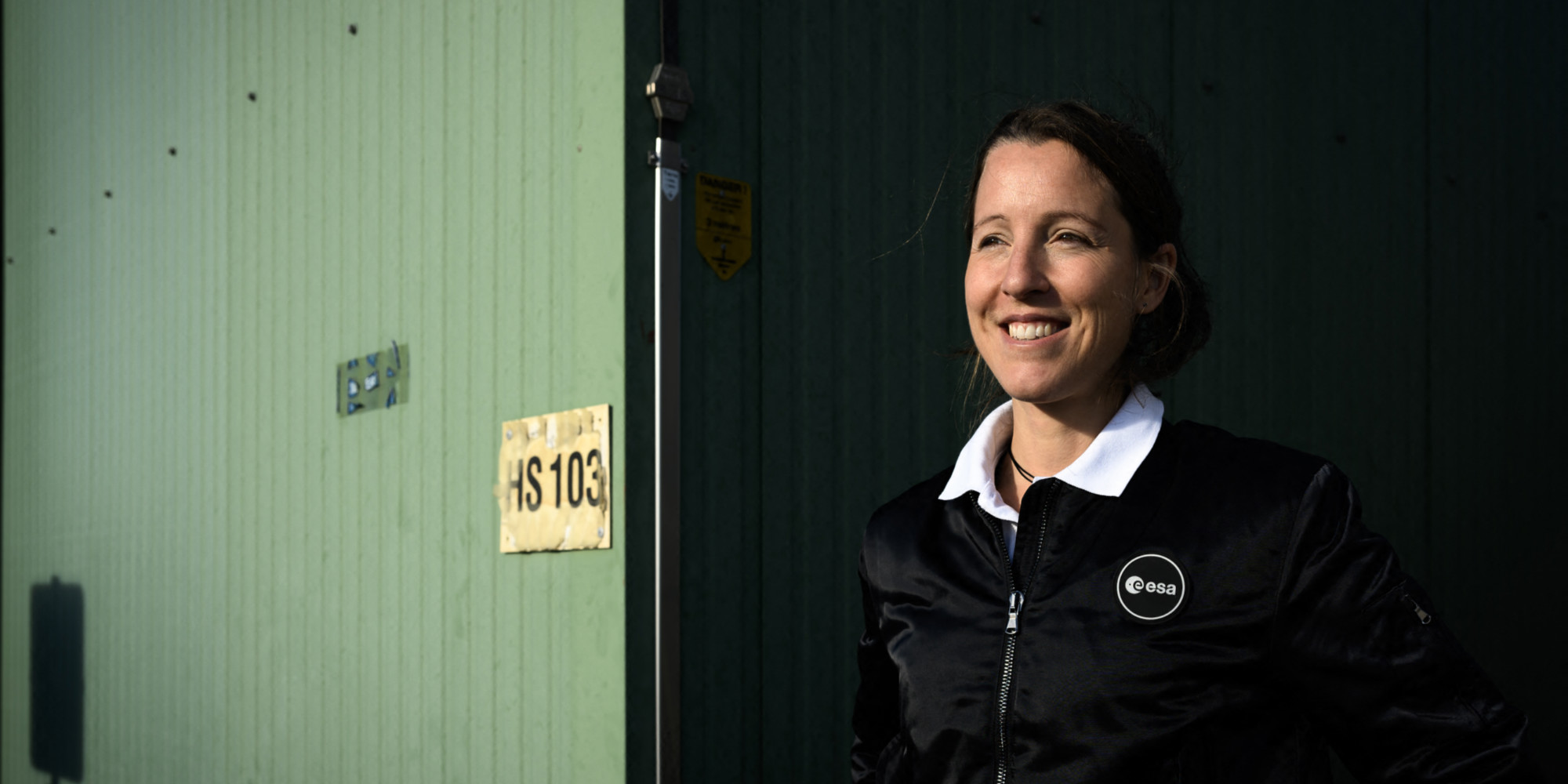Ophélie Artaud 10:12 a.m., December 09, 2022
At the end of November, Sophie Adenot was the second Frenchwoman to become an astronaut, after being retained within the European Space Agency within a team made up of three men and two women.
Invited this Friday morning to the microphone of Dimitri Pavlenko, the 40-year-old astronaut returned to the space environment, which is predominantly male.
Even if, according to her, "it's a job that has no gender".
She is the second Frenchwoman to become an astronaut, twenty years after Claudie Haigneré.
On November 23, the European Space Agency (ESA) unveiled the list of its new class of European astronauts.
And Sophie Adenot, 40, was selected from 22,523 candidates.
She joins a team of five, made up of three men, and a second woman, Briton Rosemary Coogan, 31.
However, Sophie Adenot seems to attract all the light.
An exceptional woman in a predominantly male world.
Invited on Friday morning on Europe 1, Sophie Adenot returned to this subject.
And according to her, being an astronaut, "it's a profession that has no gender, even if for the moment, the percentages mean that there are few women".
"Diversity in a team is to be taken in the broad sense"
"I take to heart the role of ambassador for women who need inspiration and young girls who need inspiration," she explained at the microphone of Dimitri Pavlenko.
If it was this appointment within the ESA that made Sophie Adenot known to the general public, the astronaut has an impressive career.
In particular, in 2018 she became the first female experimental helicopter test pilot in France to test prototypes, before being promoted to the rank of lieutenant-colonel in May 2021.
READ ALSO
- Artemis: why send men back to the Moon, 50 years after the end of the Apollo missions?
For the astronaut, "diversity in a team is to be taken in the broad sense. It is both the diversity of profiles, the diversity of origins, the diversity of genders. And I think that the promotion of the five who have been chosen, highlights different profiles and origins."
Beyond this team of five people, twelve other "reserve" astronauts have also joined the European Space Agency.
Among them, six women, and six men, including John McFall, from the United Kingdom, who is in a situation of "physical disability", had announced the ESA.
He could also become the first disabled astronaut to go into space.
The principle of "the magnifying glass and the big view"
At the microphone of Europe 1, Sophie Adenot, who has had this dream of becoming an astronaut since her childhood, also wanted to give advice to all young people who would like to embark on this path.
"There is a lot of work, that's clear," she immediately recalled at the microphone of Dimitri Pavlenko.
"But you always have to believe in it, and never forget this little principle that I have applied since I was little: that of the magnifying glass and the telescope. You have to both be in everyday life and pay attention to the details , pay attention to performing in your daily life and quite simply appreciate what you do in your daily life. That's the magnifying glass, it's a granularity, a daily scale. And the long view is to keep in mind the dream, the distant and that's what allows us to move forward and not neglect, neither the distant dream nor the daily life which also requires all the attention", she advised at the microphone of Europe 1.

